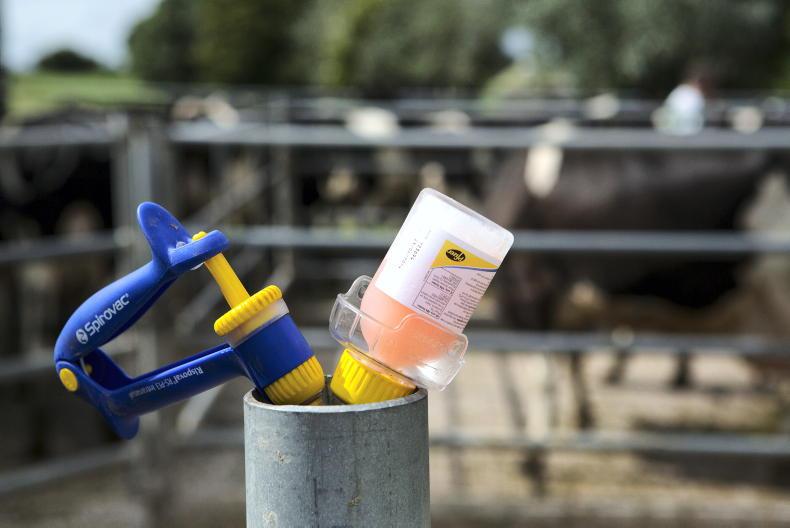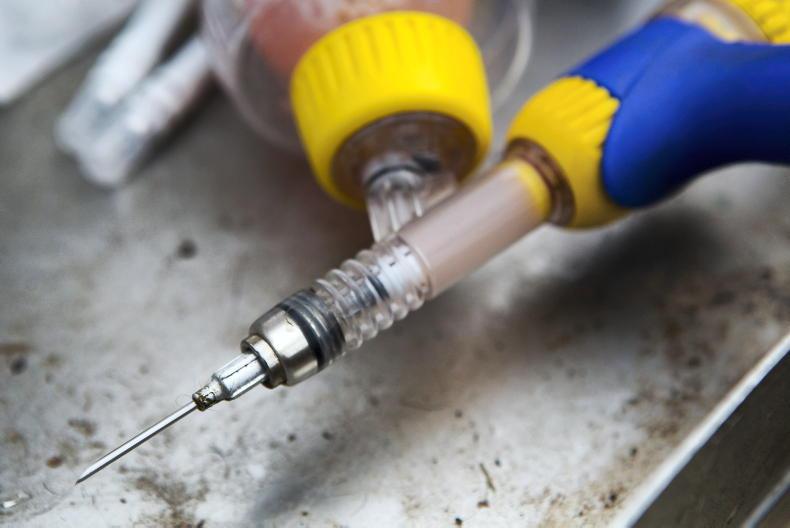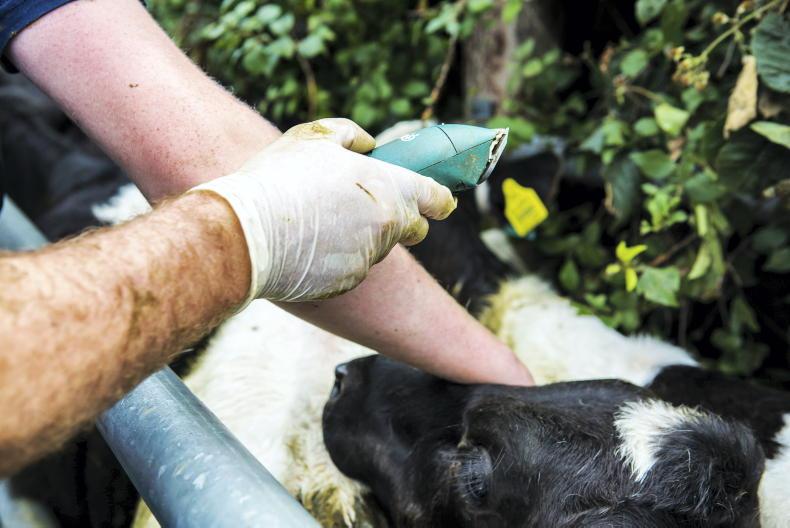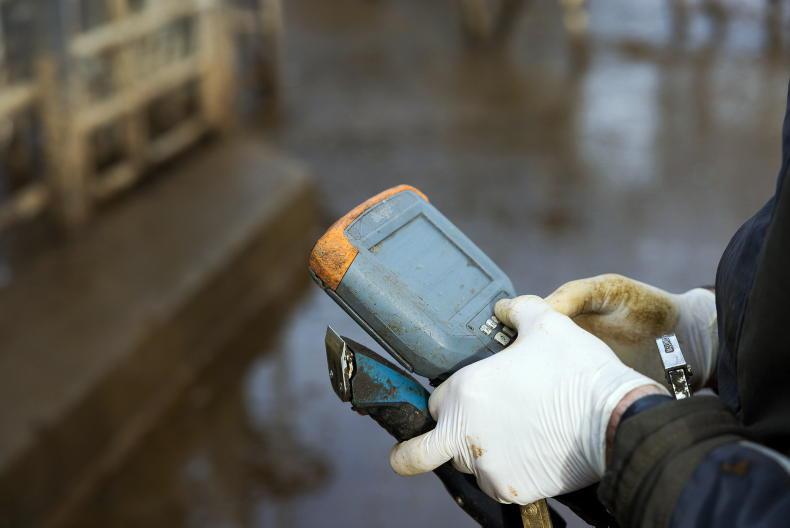The Veterinary Council of Ireland suspended the registrations of four vets in 2020 for a number of different allegations in relation to prescriptions for animal medicines.
In 2020, the council had 3,044 vets and 1,097 veterinary nurses on its register, the council’s annual report for 2020 shows.
Vets must register with the council in order to get a licence to deliver veterinary services.
The council suspended the registration of Seán O’Neill, from Ballyart House, Brittas, Co Limerick, for six months last year after it was alleged that he prescribed animal remedies to animals which were not under his care.
It was also alleged that he prescribed animal remedies which had already been dispensed and failed to maintain any or adequate contemporaneous veterinary records.
Suspension for six months
The council also suspended the registration for six months of Patrick O’Halloran, from Cregg Road, Nobber, Co Meath.
It was alleged that that contrary to EU animal medicine rules, he engaged in and/or permitted the sale or supply of animal remedies without a veterinary prescription; failed to affix a label and/or failed to ensure a label was affixed on animal remedies and failed to keep at his premises a record of purchase and sales in respect of incoming and outgoing transactions regarding animal remedies.
“It was further alleged that Mr O’Halloran provided false information which he knew to be false in the form of a letter which was signed by him, and which was used for the purpose of attempting to falsely demonstrate a client’s compliance with an Bord Bia’s assurance scheme,” according to the council.
Records
The registration of Dr Christopher Bradley from Ramelton, Nurney, Co Carlow, was suspended for three months last year after it was alleged he had prescribed animal remedies to animals that were not under his care, failed to include the correct description of the animals to which a prescription relates and failed to maintain appropriate records, invoices or statements in respect of professional services and the supply of animal remedies.
Timothy Brennan of GSC Veterinary, Gowran Castle, Co Kilkenny, had his registration suspended for two months after it was alleged that he had in his possession unauthorised animal remedies, failed to include the serial number on the label affixed to certain animal remedies and failed to keep at his premises a record of purchases and sales, including quantities administered, and incoming and outgoing transactions.
The council’s fitness to practice committee directed that Paul Callaghan, Mockmoyne, Boyle, Co Roscommon, be censured in relation to his professional conduct after it was alleged that he had in his possession unauthorised animal remedies and failed to keep at his premises a record of purchases and sales, including quantities administered, and incoming and outgoing transactions.
Fitness to practice complaints
The council received 38 complaints in 2020, referred to as applications in 2020 for inquiries into fitness to practise under section 76 of the Veterinary Practice Act 2005, as amended.
This is an increase on 2019, in which 32 complaints/applications were received.
The preliminary investigation committee determined and concluded 25 out of the 38 cases received.
Thirteen of these cases remain under investigation and the outcome will be determined in 2021.
Vet telemedicine
The council has started preparing for a consultation process asking for the views of the veterinary and veterinary nursing professions, animal owners and stakeholders on the use of telemedicine in veterinary clinical practice.
Telemedicine is the use of electronic communication and technology to provide clinical healthcare remotely.
In 2019, the council said vets were not permitted to diagnose, treat or prescribe a remedy in the absence of an actual physical examination of the animal.
The consultation will take place in early 2021 and is designed to help identify potential risks associated with telemedicine, identify areas where it may address the needs of both clinician and the public, and to support the potential development of new professional standards and guidance.









SHARING OPTIONS